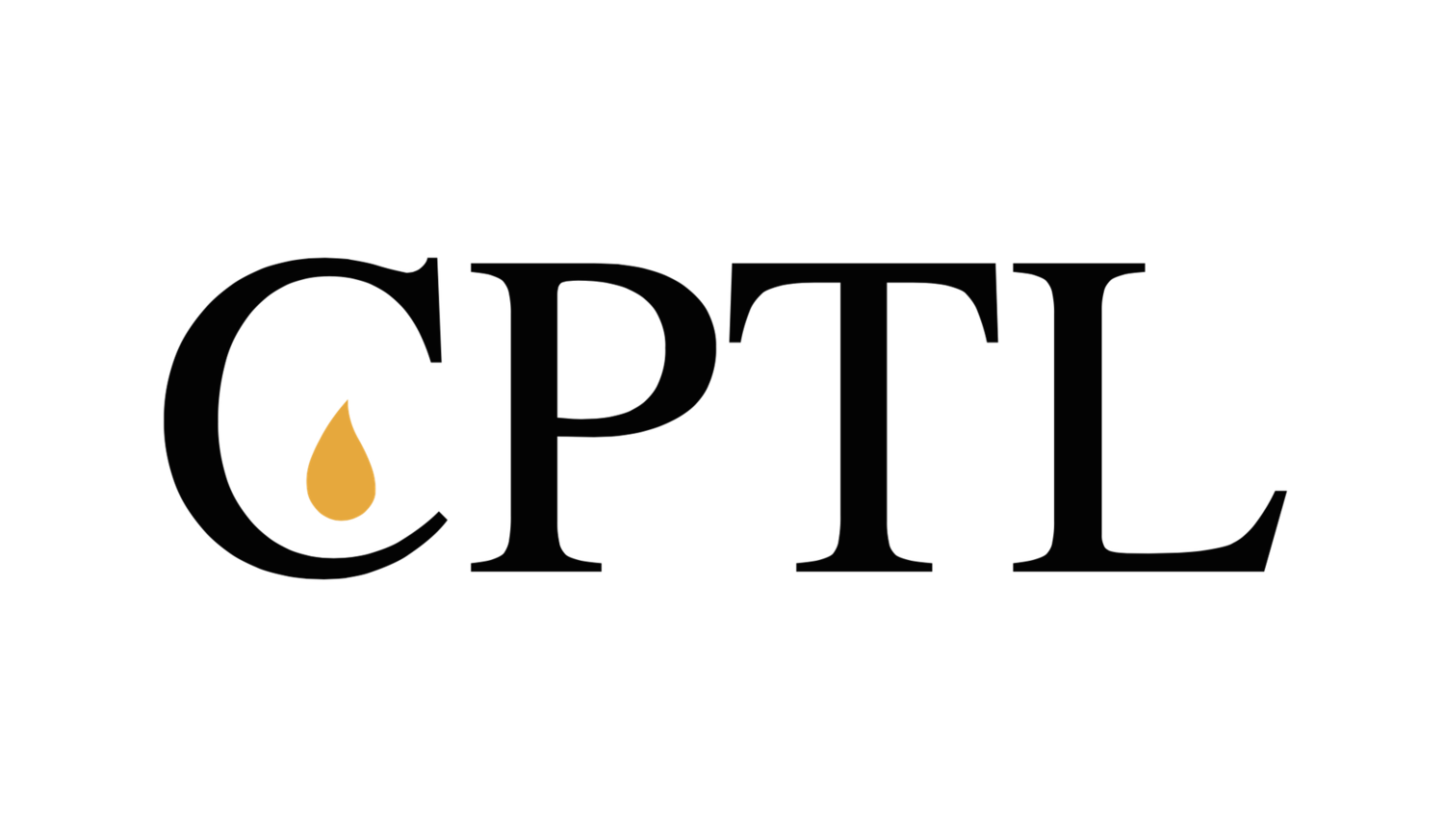Corruption
/Although much of the industry prefers not to admit it, corruption has been a historic problem in the upstream. In the past corrupt payments to secure and facilitate petroleum projects were accepted as necessary in some parts of the world. In many jurisdictions these payments were legal, and in some European countries they were actually tax deductible as a cost of doing business.
This has rightly now changed, and corruption is illegal in all developed countries and most of the developing world also.
The big oil companies have climbed enthusiastically onto the bandwagon, adopting extensive anti-corruption policies and procedures to ensure that they are seen as cleaner than clean.
I was recently advising a small contractor negotiating a contract with one of the major oil companies. They presented us with their extensive anti-bribery provisions, insisting that they are included in their entirety as a schedule to the contract. So the contract was around twenty pages but the schedule was over sixty pages. The company made clear that these are non-negotiable – they have to be included if we are to work for them at all.
These anti-bribery provisions go very much further than a simple prohibition of bribery. They require written annual confirmation that the contractor has not made any corrupt payments, and allow the company to audit the contractor’s records to confirm compliance. If the contractor is in breach of these provisions the company can terminate the contract without paying anything at all, even for work duly completed prior to termination.
There is limited mileage in quibbling over the inclusion or details of the anti-corruption provisions. So we decided on a different approach. We requested that these provisions were mutual, so that they applied to them as well as to us.
Their reply came with howl of outrage. How dare we even ask for such a thing? Did we doubt for a moment their commitment to ethical business conduct? They were insulted that we could even make such a request, which was absolutely unacceptable.
There is something disturbing about this attitude, especially from an oil company with (putting it politely) a chequered past. They see the world at large as corrupt, while their own conduct is beyond reproach or question.






Drilling an exploration well is always a tense time for those involved in it, even the lawyers and contracts specialists whose contribution is usually finished before the well is begun. . .